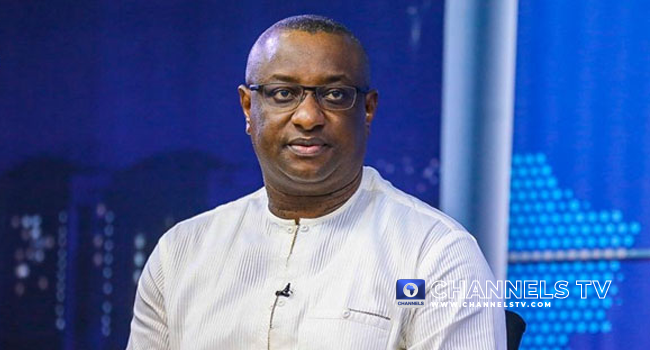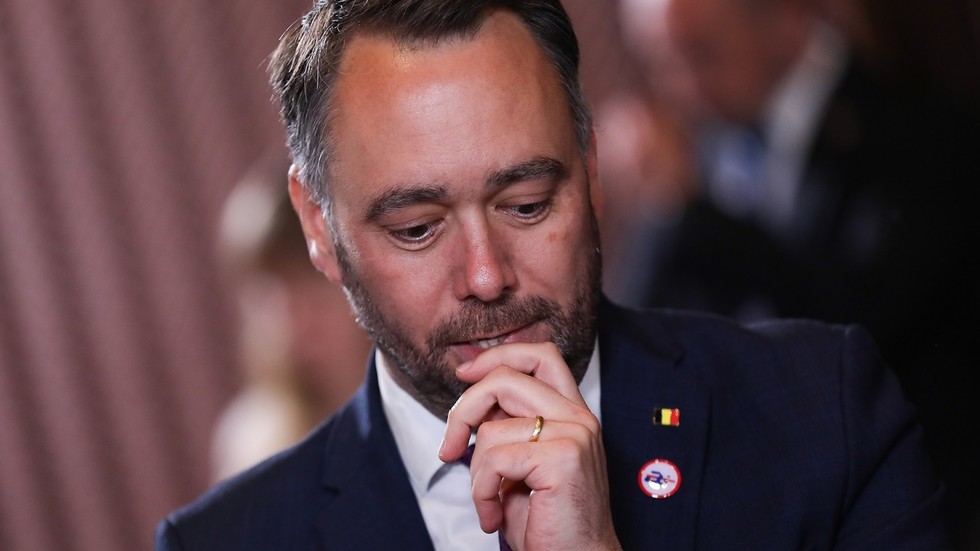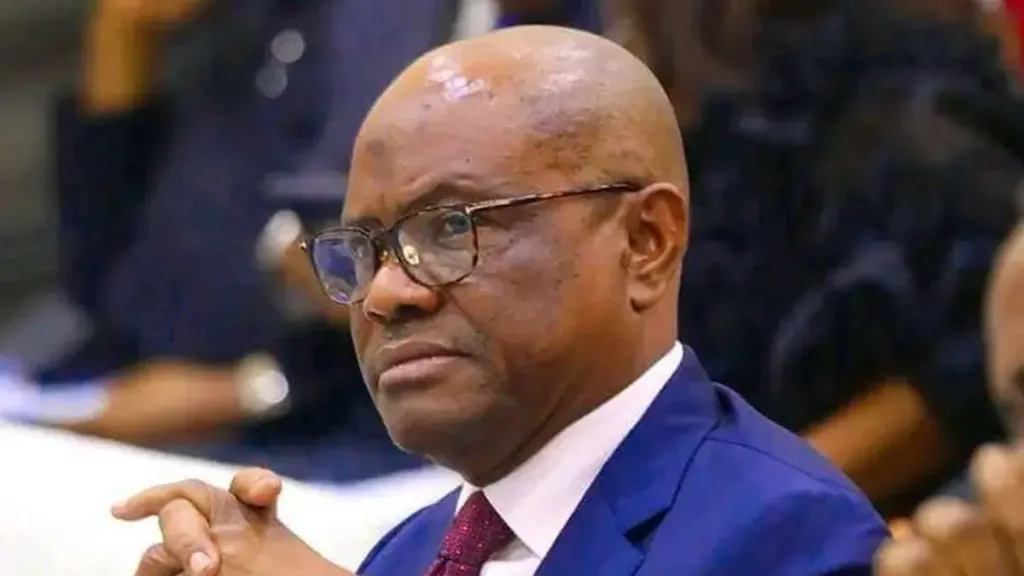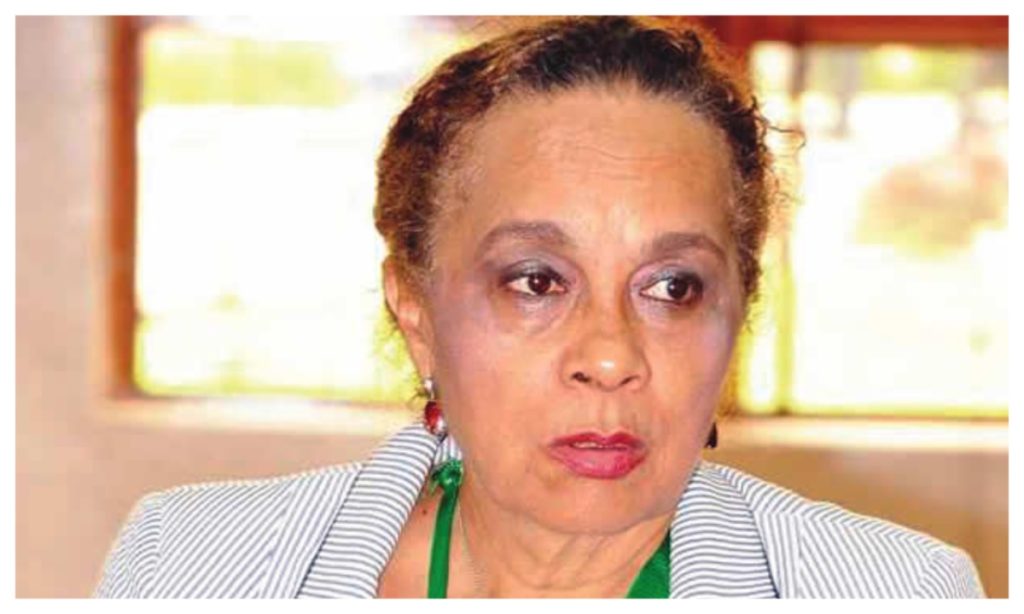An audit report from the Office of the Auditor-General of the Federation uncovers financial irregularities at the Supreme Court of Nigeria. The report reveals that the court spent over N12 billion in breach of financial regulations over a five-year period. The audit covers the 2020 fiscal year while also stretching back to 2017 and forward to 2021 to scrutinize significant payments and transactions.
The report highlights various issues, including payments for contracts without budgetary provisions, diversion of government assets for private use, inflation of contract prices, irregular award of contracts, and overpayment to contractors. It recommends that the Chief Registrar of the court recover and remit the funds to the treasury.
During the period of the flagged transactions, the court was overseen by former Chief Justice Walter Onnoghen and his successor Tanko Muhammad. Muhammad resigned from office in June 2022 amid protests from fellow justices regarding his handling of the court’s finances.
The report also raises concerns about the unaccounted funds appropriated for broadcast equipment in 2017 and the funneling of over N10.223 billion through 124 vouchers to various beneficiaries in 2020 without providing supporting documents for audit. It further calls for the justification and recovery of a sum of N826.75 million and reveals instances of irregular award of contracts and overpayment to contractors.
Furthermore, the report uncovers the unauthorized sale of four landed properties and the illegal possession of government property, including the purchase of 45 vehicles between the 2017 and 2021 fiscal years. It notes that vehicles attached to retired justices were not returned for inspection, leading to the diversion of government assets for private use.
The court management responded to the issue of justices’ retirement with official vehicles, claiming it as part of their entitlements, but remained silent on the other violations raised in the report.
The revelations from the audit report shed light on the opacity that defines the Nigerian judiciary’s budget and finances. Concerns have been raised about the concealment of budget details and resistance to transparency, prompting calls for anti-corruption agencies to probe the financial records of the judiciary.
The report underscores the need for accountability and transparency in managing the judiciary’s budgetary resources. These findings underscore the urgent need for reforms and greater transparency in the financial management of Nigeria’s judiciary.
The allegations of financial mismanagement within the Supreme Court underscore the importance of ensuring integrity and transparency in the financial affairs of the judiciary.
Supreme Court Justices Speak Out Against Corruption in Nigerian Judiciary
In a bold move, former Nigerian Supreme Court justices have raised concerns over financial transparency and accountability within the country’s judiciary. The call for prudent and accountable administration of allocated funds came to light during the valedictory speeches of Abdu Aboki and Dattijo Muhammad, who retired from their positions with a strong message for reform.
Abdu Aboki emphasized the need for those responsible for managing judiciary funds to uphold principles of prudence, transparency, and accountability. His public address while leaving the Supreme Court bench underscored the urgency for financial reform within Nigeria’s judicial system.
Dattijo Muhammad, echoing the sentiments of the protest letter signed by 14 Supreme Court justices and directed to then-Chief Justice of Nigeria (CJN) Tanko Muhammad, went a step further by alleging widespread corruption throughout the Nigerian Supreme Court and the broader judiciary hierarchy. During his retirement speech, he highlighted the disconnect between substantial budget increases and the inadequate improvement in judges’ welfare, calling for a thorough investigation into the handling of judiciary funds.
The gravity of the situation was underscored by the auditors-general’s call for the chief registrar to account for, recover, and remit funds into the federation account. Despite the auditor-general’s office’s efforts to ensure compliance, past reports have revealed a pattern of unimplemented recommendations and a lack of enforcement, fostering an environment conducive to financial misconduct.
These revelations shed light on the urgent need for systemic reform and enhanced oversight to combat corruption in Nigeria’s judiciary, ultimately restoring public trust and confidence in the country’s legal institutions.



